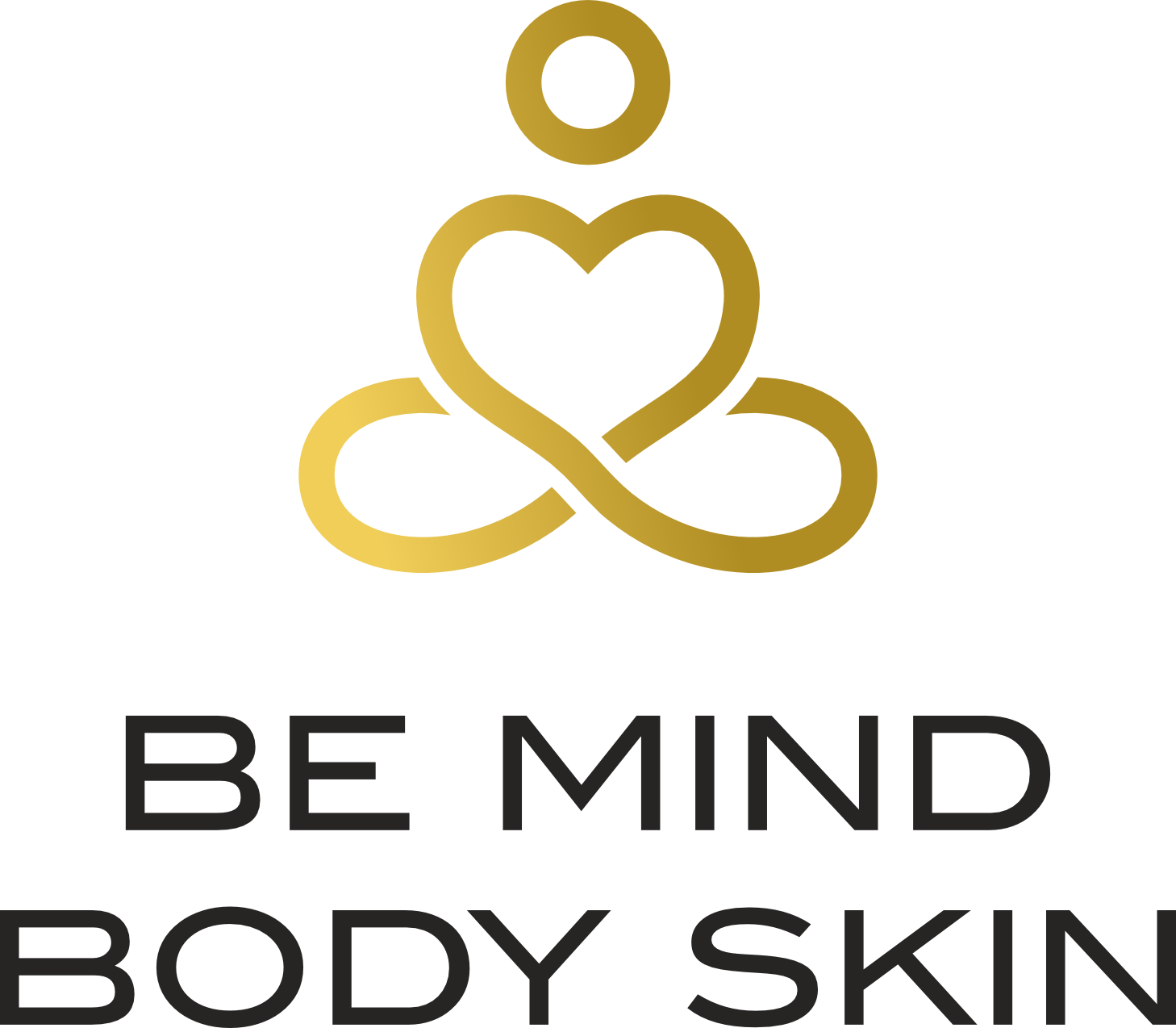Natural Remedies for Thinning Hair
Hair grows out of tiny pockets in your skin called ‘follicles’. It grows from roots made up of cells of proteins. There are blood vessels under your scalp which feed the blood giving rise to more cells and thereby making the hair grow.
As it grows, it passes the oil glands (sebaceous) which add oil to hair keeping it shiny and lustrous. The hair shaft is the part of the hair you see outside is actually dead hair. It’s only the root that grows!
On average, hair grows at a rate of half an inch a month, or 6 inches a year. This rate can be affected by genetics, health, hormones, or hair damage. Ayurveda correlates human body to an inverted tree.
The head of the human body is considered as the root of the tree, the thorax and abdomen are the trunk of the tree and the limbs are said to be the branches of the tree. Head is considered as an Uthamanga or predominant part of the body.
Natural remedies for hair thinning
Let’s have quick look on some natural remedies for hair thinning –
Therapeutic head massage or timely head massage as per the body constitution promotes hair growth. The application of oil reduces the dryness of the scalp due to its snigdha or oily property. The oil is slightly heated at the time of application. The temperature creates a soothing effect at the site of application. The heat causes the blood vessels to dilate, which increases blood circulation to the scalp and promotes healing, evacuation, and cleansing of the secretory passages of sebaceous glands thereby further enhancing the absorption of oil.1
Avocado-olive oil Hair mask - Olive oil is rich in omega3 acids and other nutrients that are essential for overall health, including hair health. When applied directly to the scalp and hair, olive oil helps promote thicker hair. Mash half avocado and mix it with 2 tbsp. of olive oil. Apply on scalp and hair and leave for 20 minutes. Practice this at least once a week.
Include nutrient rich foods in diet. Protein rich foods like Greek yoghurt, salmon, eggs, lentils like black beans, green beans and pinto beans, etc.
Castor Oil hair treatment - Apply castor oil in hair twice a week. And wash it with hibiscus/amla powder. Then use orange puree as conditioner. Castor oil is high in vitamin E and fatty acids. Vitamin E is known for aiding hair health. The vitamin C, pectin, and acid in oranges may improve hair’s natural luster, which makes the hair appear thicker.
Aloe vera works to soothe and calm a damaged scalp, creating a healthy environment for hair cells to replenish and flourish. Aloe also helps clean up sebum, an oil that clogs follicles and prevents hair from growing back. To effectively use this natural hair loss treatment, simply massage pure aloe vera gel directly along your scalp as often as you can.
Coconut milk naturally reverse fall-out caused by dryness and bring your hair follicles back to good health.
Apple Cider Vinegar - Take an old shampoo bottle and fill it with 1 tablespoon of organic apple cider vinegar and 1 cup of water. Pour this on your hair after shampooing. Do these three times per week for best results. ACV prevent or fix clogged follicles and supports hair regrowth.
Patients presenting with hair loss should be screened by medical history, dietary history and physical exam for risk factors for nutrient deficiency. Patients with hair loss often inquire whether nutritional supplements can help restore hair growth or prevent further hair loss. In fact, many will start dietary supplements without consultation in the hope that the supplements will help. Always consult your physician before self-treating. Over-supplementation of some nutrients may result in multiple toxicities, while over-supplementation of certain nutrients, including vitamin A, vitamin E, and selenium, may actually result in hair loss.
References –
Perke B.M Evaluation of Role of Shiro Abhyanga with reference to Kesha swasthya (health of normal hair) Int. Res J. Pharm 2013; 4(3): 125-127
Guo, E. L., & Katta, R. (2017). Diet and hair loss: effects of nutrient deficiency and supplement use. Dermatology practical & conceptual, 7(1), 1–10. https://doi.org/10.5826/dpc.0701a01


